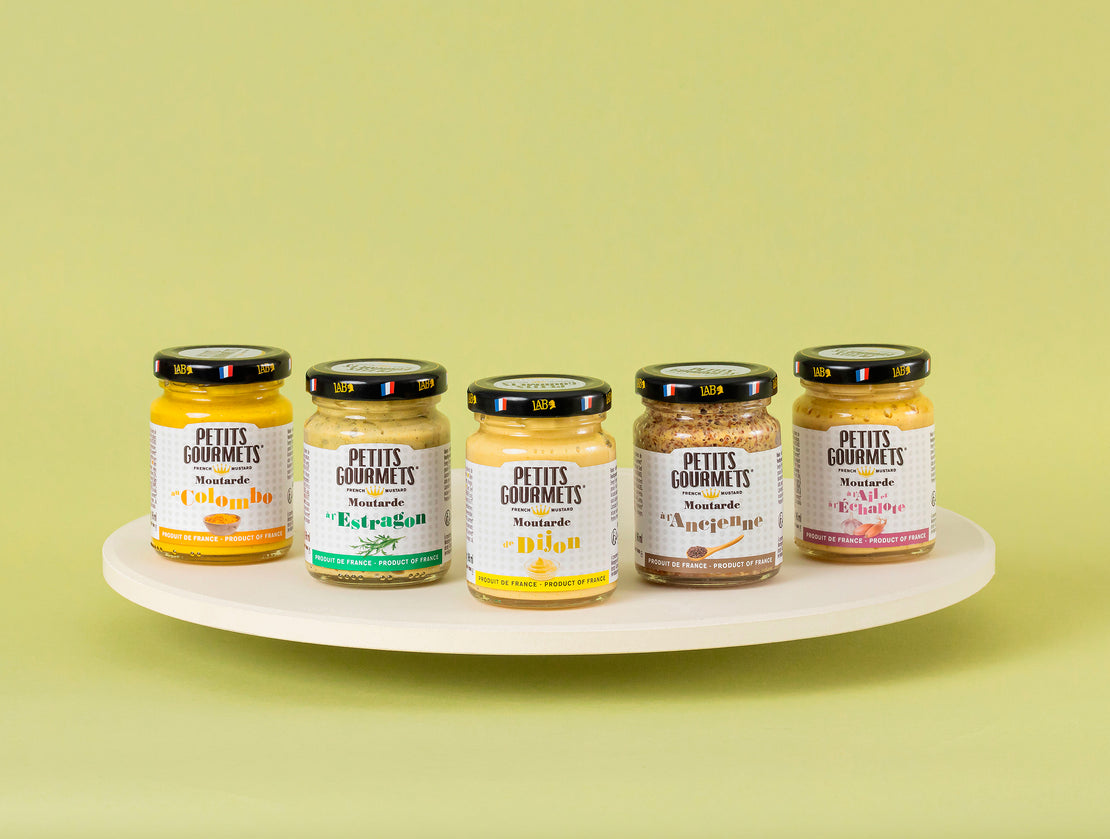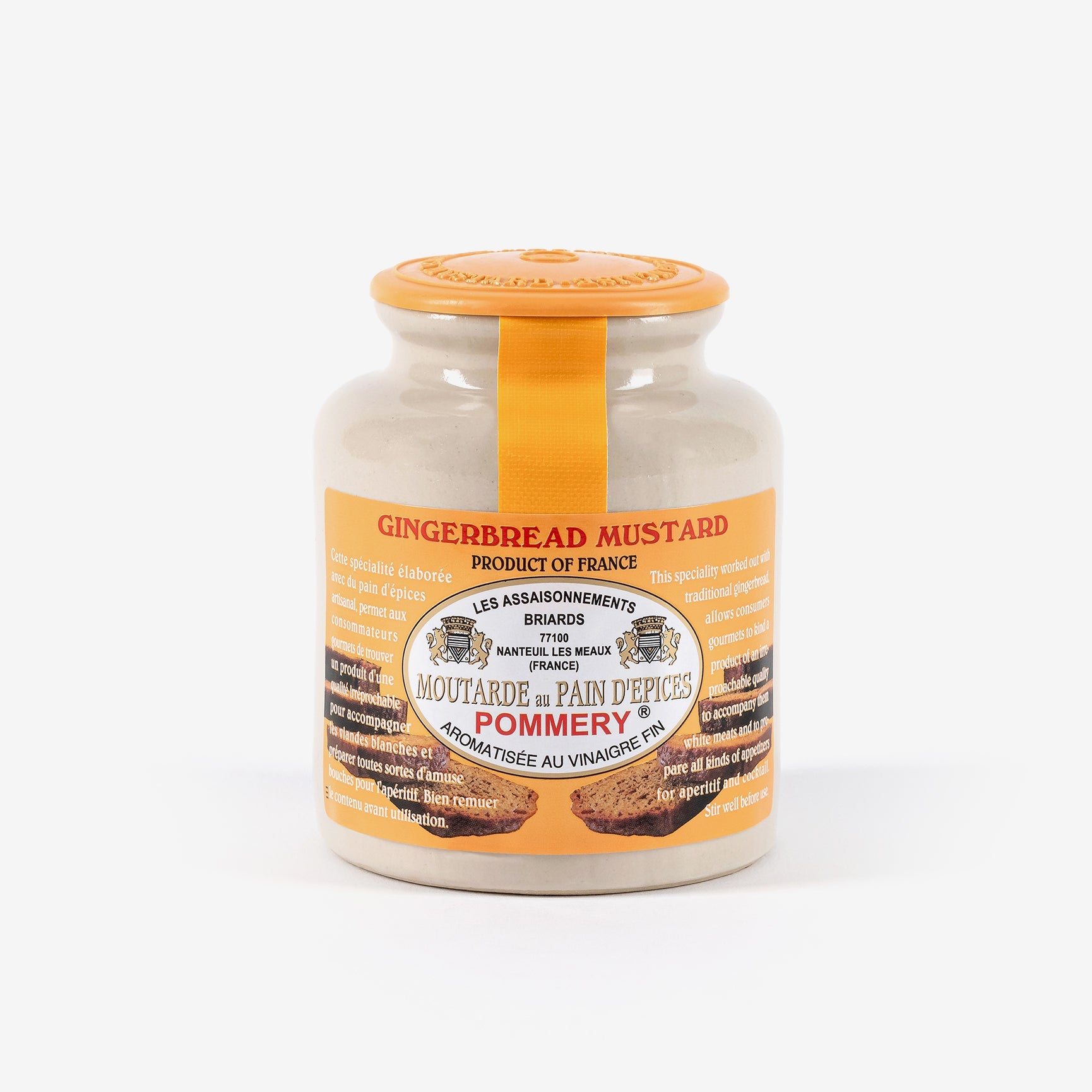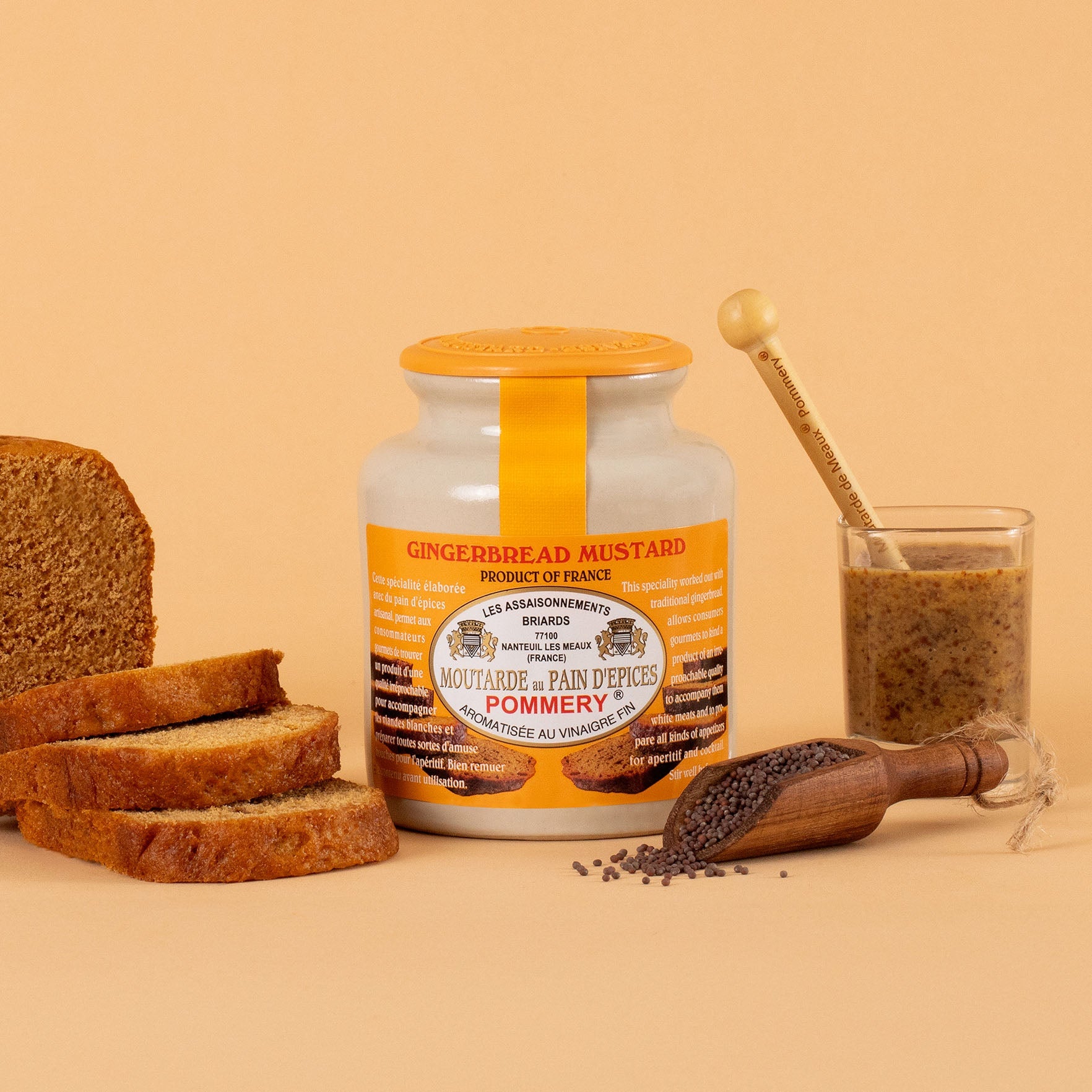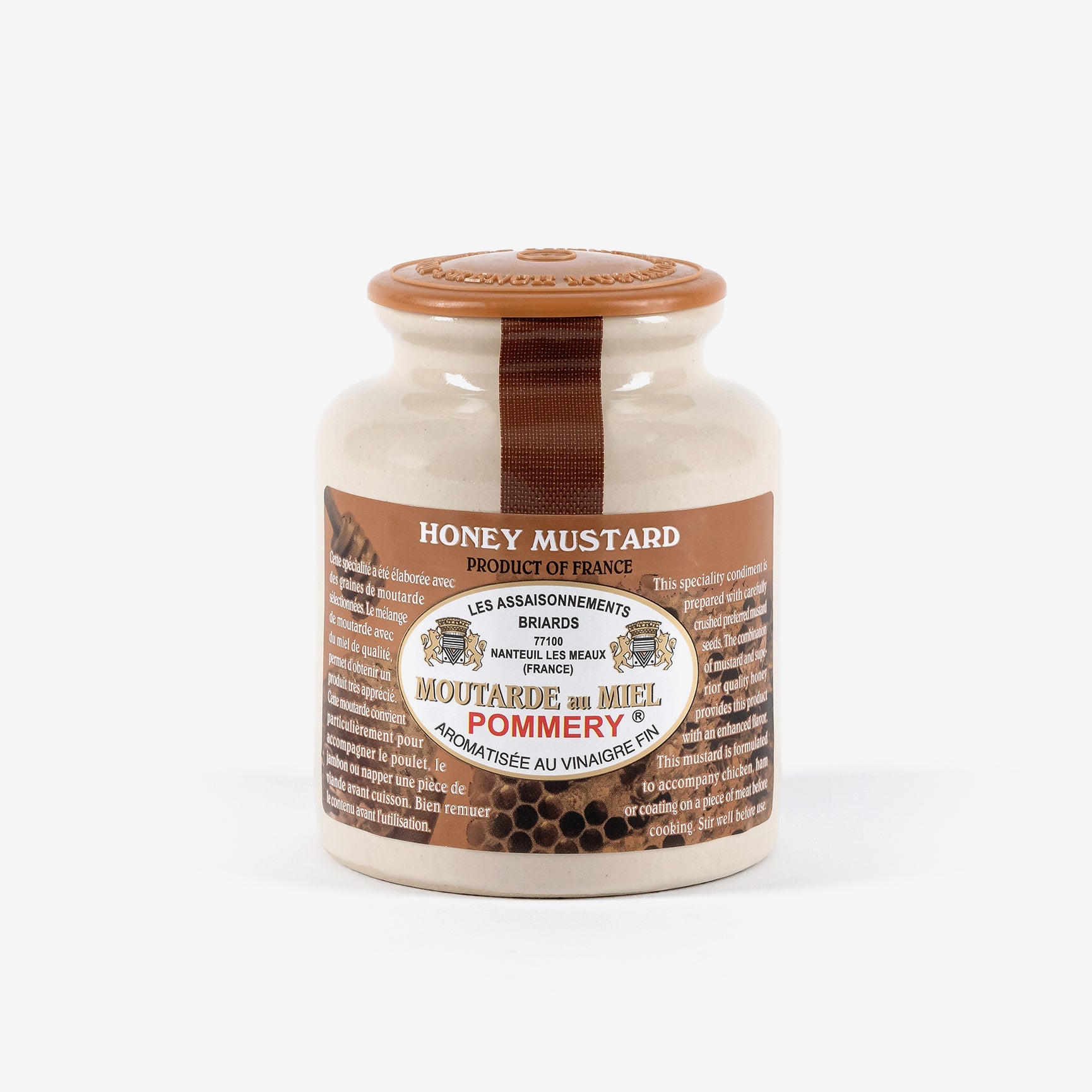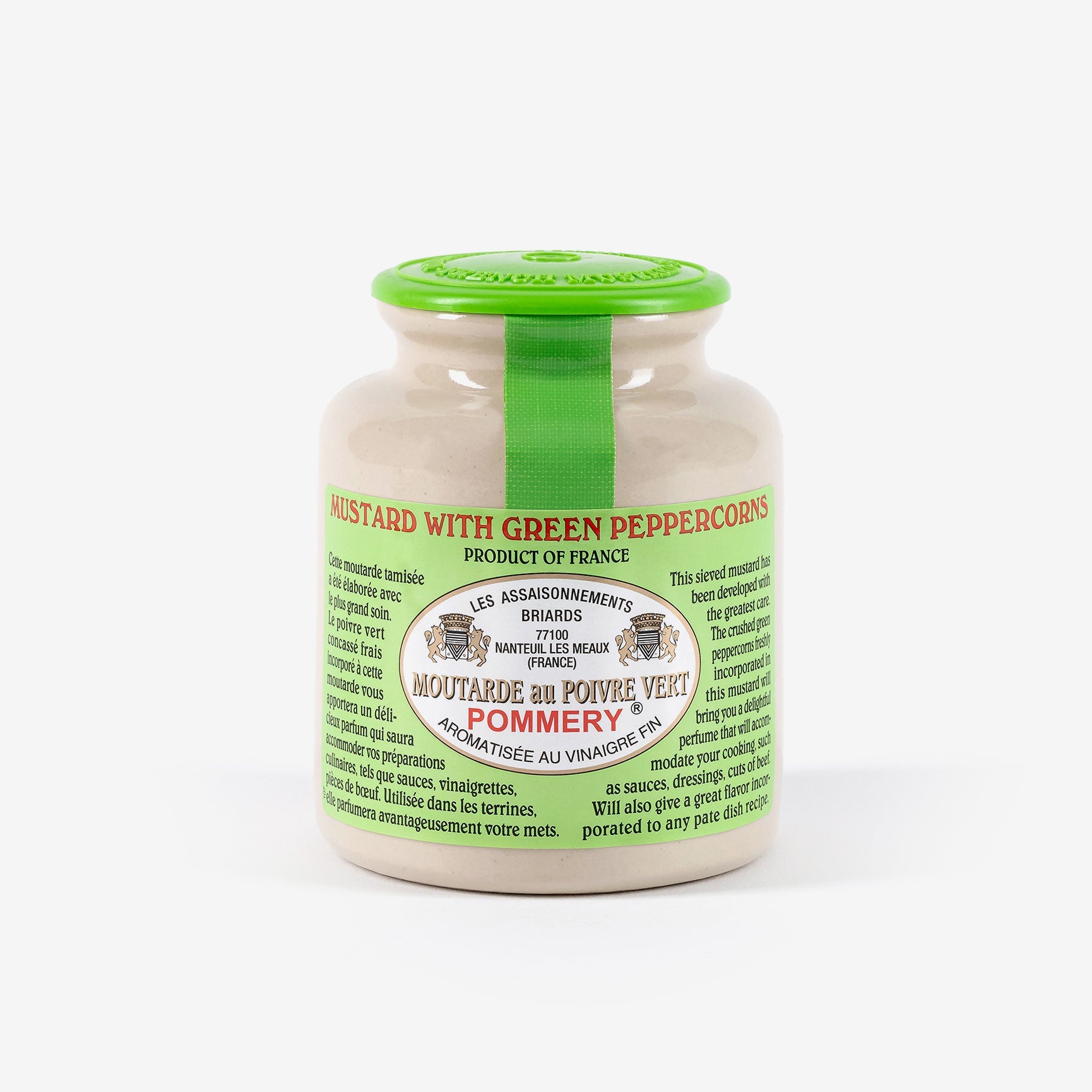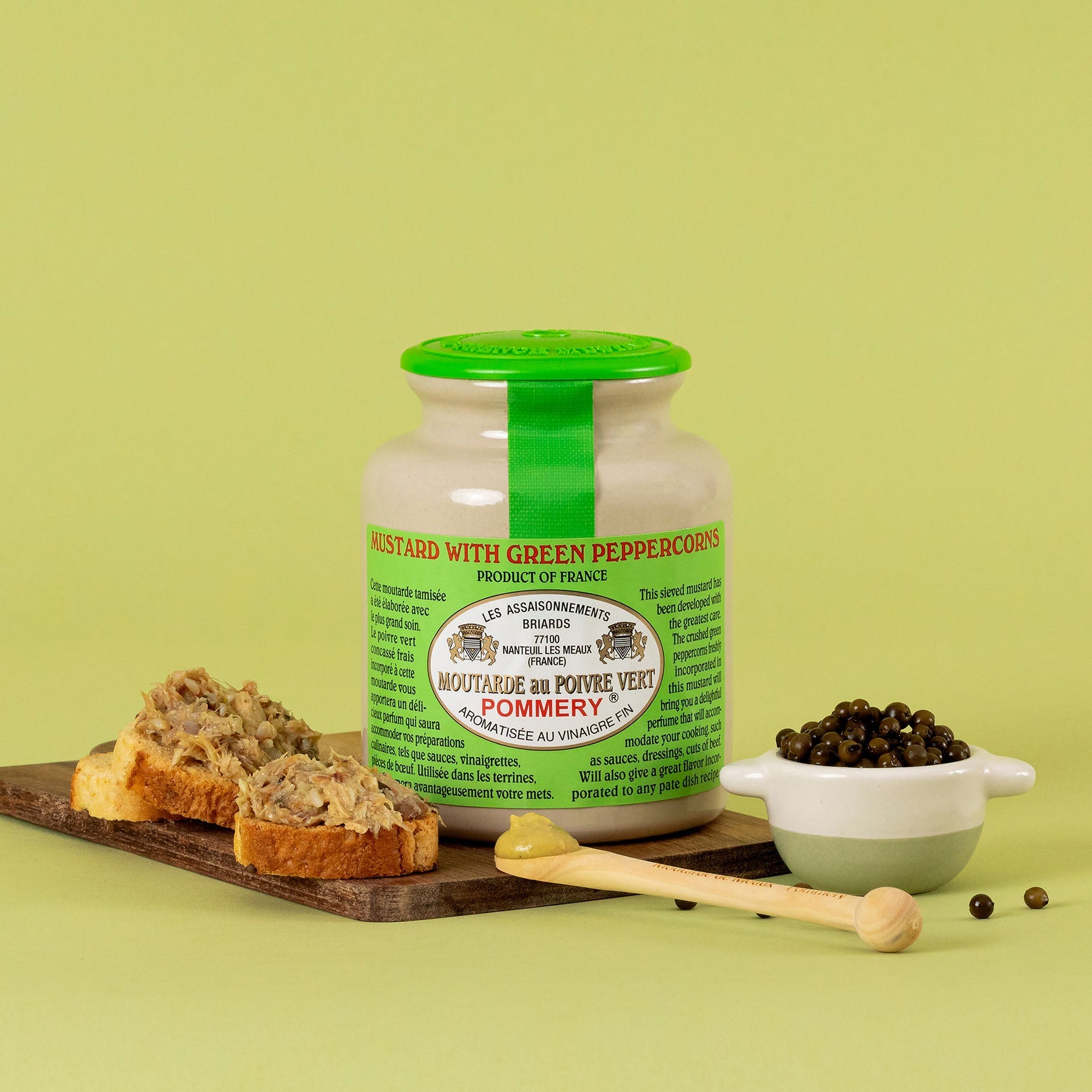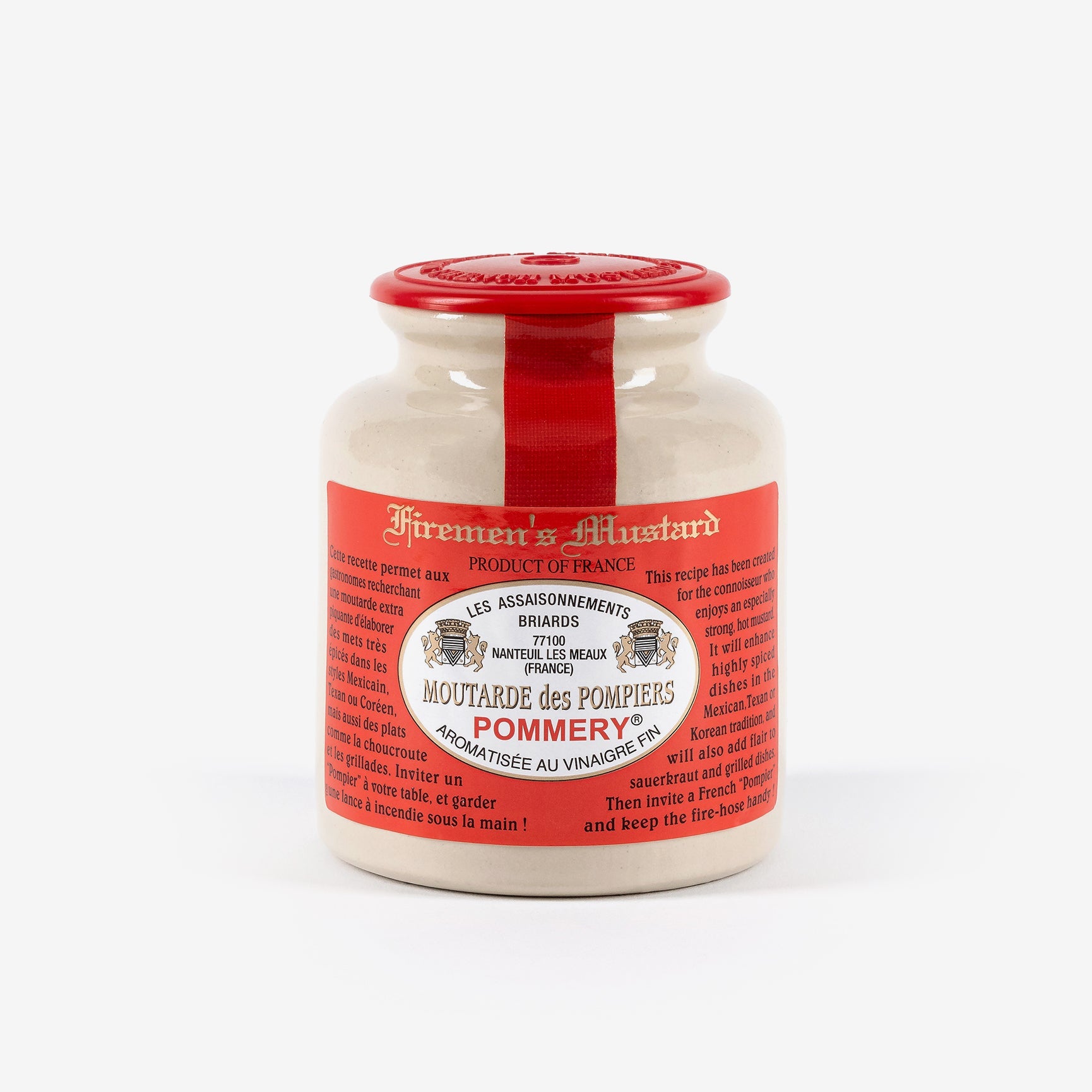Mustard is more than just a spicy condiment that enhances our dishes; it has a thousand-year history rich in culinary and medicinal traditions. From ancient Egyptian civilizations to contemporary tables, it has never ceased to fascinate by its multiple virtues. Coming from the cruciferous family, just like cabbage and broccoli, mustard (Sinapis alba and Brassica juncea) has been able to cross the ages, maintaining its place of choice in our kitchens, but also in the traditional pharmacopoeia. Today, as interest in functional foods and their health benefits continues to grow, mustard reveals its many therapeutic properties, supported by modern scientific research. From its active compounds with anti-inflammatory effects to its recognized digestive properties, this ancestral condiment demonstrates that it deserves special attention as part of a balanced and preventive diet.
Nutritional composition of mustard
Mustard, whether in the form of seeds or prepared as a condiment, has a particularly interesting nutritional profile. Its rich and varied composition explains its many health benefits.
Essential nutrients
Mustard is an excellent source of several essential vitamins, including:
- Vitamin E, a powerful natural antioxidant Vitamins of the B group (B1, B2, B3, B6), important for energy metabolism.
- Vitamin A, beneficial for vision and the immune system
It also contains valuable minerals:
- Calcium, essential for bone health Magnesium, important for the nervous and muscular system
- Selenium, a trace element with antioxidant properties Iron, necessary to transport oxygen in the blood
- Zinc, which supports the immune system
The specific active compounds
Mustard is distinguished by its richness in unique bioactive compounds:
- Glucosinolates, responsible for its pungent flavor and with potential anti-cancer properties
- Isothiocyanates, compounds with anti-inflammatory properties
- Omega-3, essential fatty acids beneficial for cardiovascular health
- Polyphenols, natural antioxidants
Caloric value and macronutrients
For 100g of prepared mustard:
- Low calorie: about 66 kcal
- Protein: 4-5g
- Carbohydrates: 6-7g
- Lipids: 4-5g * Dietary fiber: 3-4g
This nutritional composition makes mustard a particularly interesting condiment in the context of a balanced diet, providing many essential nutrients for a low caloric content.
Physical health benefits
Anti-inflammatory properties
Mustard contains bioactive compounds, including isothiocyanates and omega-3s, which help reduce inflammation in the body. These properties are particularly beneficial to relieve joint and muscle pain. In external application, mustard can even be used as a poultice to soothe certain localized inflammations.
Effects on digestion and intestinal transit
Mustard plays an important role in the digestive process:
- It stimulates the production of saliva and gastric juices, thus facilitating digestion
- Its natural fibers promote good intestinal transit
- Helps prevent bloating and flatulence
- Its antimicrobial properties contribute to the balance of the intestinal flora
Impact on cardiovascular health
The cardiovascular benefits of mustard are multiple:
- The omega-3s present help reduce bad cholesterol (LDL)
- Its active compounds participate in the regulation of blood pressure
- The antioxidants it contains protect blood vessels
- Its anti-inflammatory properties reduce the risk of cardiovascular disease
Other benefits to the organization
Stimulation of the immune system
Mustard naturally boosts our immune system by:
- Its wealth of vitamins C and E, powerful antioxidants
- Its content of zinc and selenium, essential minerals for the proper functioning of the immune system
- Its sulfur compounds that stimulate the production of immune cells
Antimicrobial properties
Mustard has natural properties that fight off various pathogens:
- Antibacterial action against certain harmful bacteria
- Antifungal properties that combat the development of fungi
- Ability to preserve food, which explains its historical use as a natural preservative
Effects on metabolism
It positively influences several aspects of metabolism:
- Stimulation of basal metabolism thanks to its thermogenic compounds
- Improved absorption of nutrients during digestion
- Contribution to blood sugar regulation
How to incorporate mustard into your diet
Different varieties of mustard and their uses
In the Briard Seasonings, mustard comes in several varieties, each with its own characteristics. Our mustards are renowned for their superior quality and tradition of manufacture.
Here are some emblematic examples of our range:
1. La Moutarde de Meaux® Pommery®: presented in its characteristic sandstone pot, an old-fashioned texture with visible grains. It adds a touch of elegance and flavor to your dishes, whether they are based on meat, vegetables or potatoes.
2. La Moutarde Royale® au Cognac Pommery®: enriched with cognac for a more complex flavor, it will accompany your best butcher piece!
3. The Pommery® Honey Mustard: a subtle alliance between the piquancy of mustard and the sweetness of honey, it can be enjoyed with a spoon, as an accompaniment and in all types of culinary preparations.
4. La Moutarde aux fines herbes Pommery®: chives, parsley and tarragon combine to enhance your vinaigrette or mayonnaise.
These mustards are particularly appreciated by gourmets and chefs for their authenticity and superior taste quality.
Recommended dosage and consumption advice
To get the most out of mustard:
- Start with small amounts (1-2 teaspoons per day)
- Gradually incorporate it into your diet
- Prefer natural mustard, without additives
- Store in a cool place away from light
- Use it preferably raw to preserve its properties
Mustard can be easily integrated into many preparations:
- Seasoning in dressings
- As a condiment in sandwiches and tartines
- In marinades for meat and fish
- As an ingredient in hot sauces
- As an emulsifier in some recipes
Precautions and contraindications:
- Avoid in case of gastric ulcers or severe digestive problems
- Be careful in case of cruciferous allergy
- Do not consume in excess during pregnancy
- Pay attention to possible interactions with certain drugs
- In case of external use, always make a skin test beforehand
Mustard, far from being a simple condiment, proves to be a true ally for our health. Its richness in essential nutrients, its anti-inflammatory properties and its digestive benefits make it a valuable ingredient of our daily diet that fully deserves its place in a healthy and balanced kitchen. To fully enjoy the virtues of mustard, it is enough to integrate it in moderation in our meals, choosing quality products. A small culinary gesture that can have great effects on our well-being!








